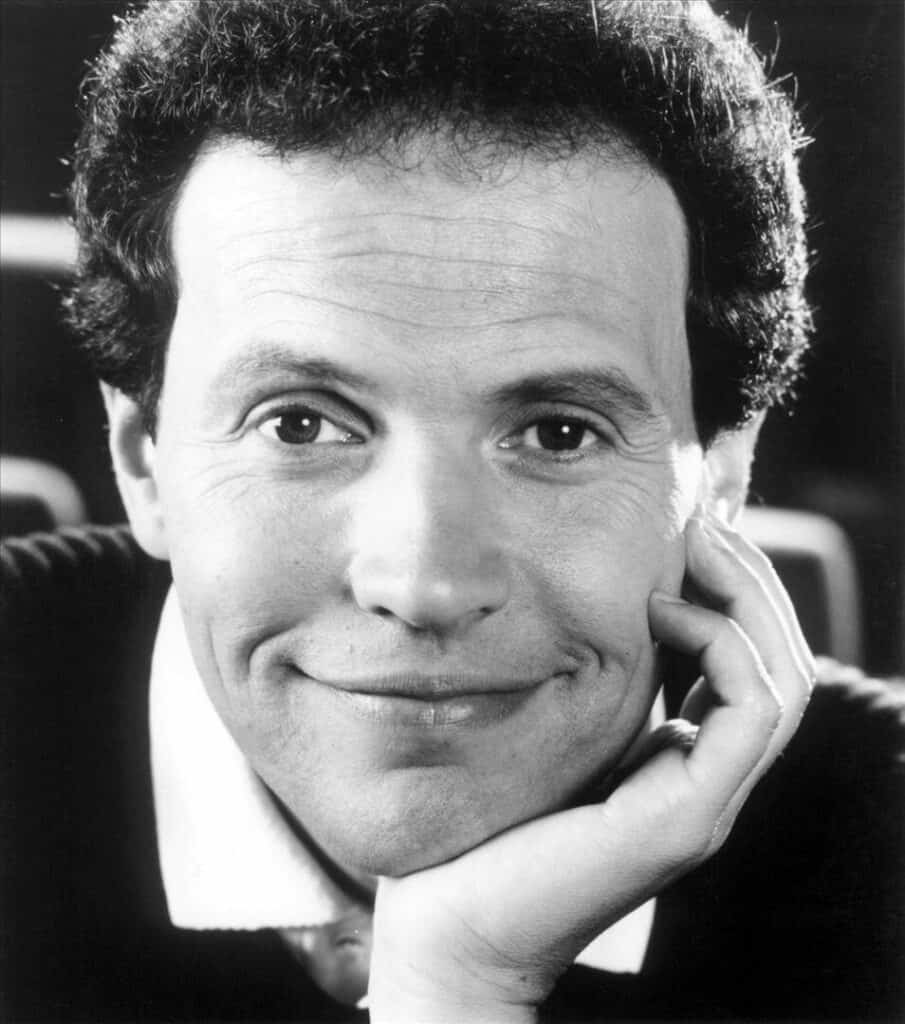Leave a Tip on the Table

When asked in an interview about the best advice he ever got as a performer, comedian and actor Billy Crystal recalled a conversation with his manager, Jack Rollins. Earlier in his career, Crystal’s stand-up comedy was filled with zinger after zinger, influenced greatly by comedy icons like Don Rickles.
Rollins thought audiences would respond to more authenticity from Crystal. Following a stand-up performance, Rollins counseled the young Crystal that he needed to give the audience more, something of himself that stayed with them after the set. He needed to “leave a tip on the table.” That notion stuck with Crystal. It made sense to him and it informed how he would go forward from that point on. His comedy would become much more personal.
In a business of buyers scrambling to find projects and performers that are “noisy” enough to get noticed, Crystal began to stand out because his work was more than noisy… it was resonant.
“Leave a tip on the table” is not just great advice for performers. Leaders should take note as well, as they form connections with their team. In an article entitled, “The Best Leader’s Aren’t Afraid to be Vulnerable,” Janice Omadeke offers this guidance.
1. Be honest about your struggles. Personal confession can be a powerful tool. You can use them to share vulnerable moments with your team, relate to them in meaningful ways, and importantly, develop trust.
2. Do the difficult thing — even when others are hesitant. When it comes to setting examples, your actions speak as loudly as your words. Vulnerability isn’t just about sharing your struggles, it’s also about standing up for your values and beliefs, publicly and privately.
3. Share without oversharing. Many leaders, when practicing vulnerability, may wonder how to follow this advice without overdoing it. What information is beneficial to share and what information may backfire, make someone uncomfortable, or be otherwise harmful — regardless of our intentions — when attempting to exemplify vulnerability? As with most things, boundaries and professional standards reign supreme. In this, Brené Brown, researcher professor and vulnerability expert, has some sound advice: “Vulnerability minus boundaries is not vulnerability.”
I’m a university professor with a heavy teaching load. On a typical week I’m in the classroom 10-12 hours, lecturing and leading discussions. I also do a good deal of speaking at conferences and other events. I’ve found that “leaving a tip on the table” or being appropriately vulnerable is a powerful way to connect others. It helps provide an emotional anchor from which to share important insights.

A few years ago, I was asked to give a TED Talk. The topic was on the Science of Prospection. In it, I share a story about a conversation I had son Oliver when he was just six or seven years old. It’s a sweet memory, one that usually brings up some powerful emotions for me – love for my son, missing the little boy he once was, pride in the man he has become.
When I meet people who have watched this talk, they nearly all mention this story, sharing with me how much to resonated. The talk has been viewed by more than 1.3 million people on YouTube and helped open the door for many new opportunities to work with leaders all over the world. I’m convinced, that without that story about Oliver, as my “tip on the table,” the video would not have had the same appeal.
References:
https://hbr.org/2022/07/the-best-leaders-arent-afraid-of-being-vulnerable
https://interviews.televisionacademy.com/news/leave-a-tip-interviewing-billy-crystal